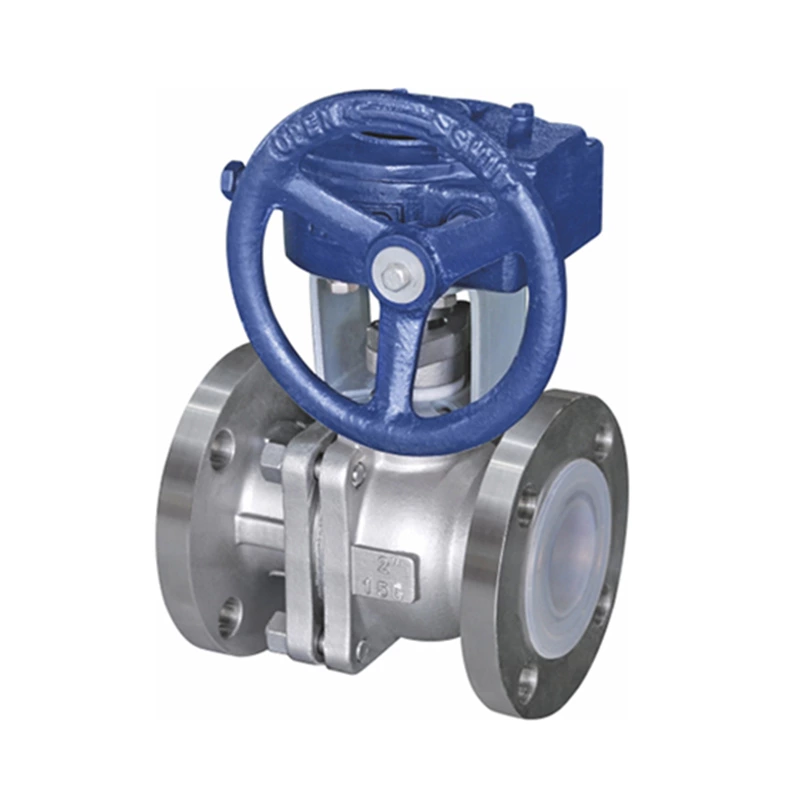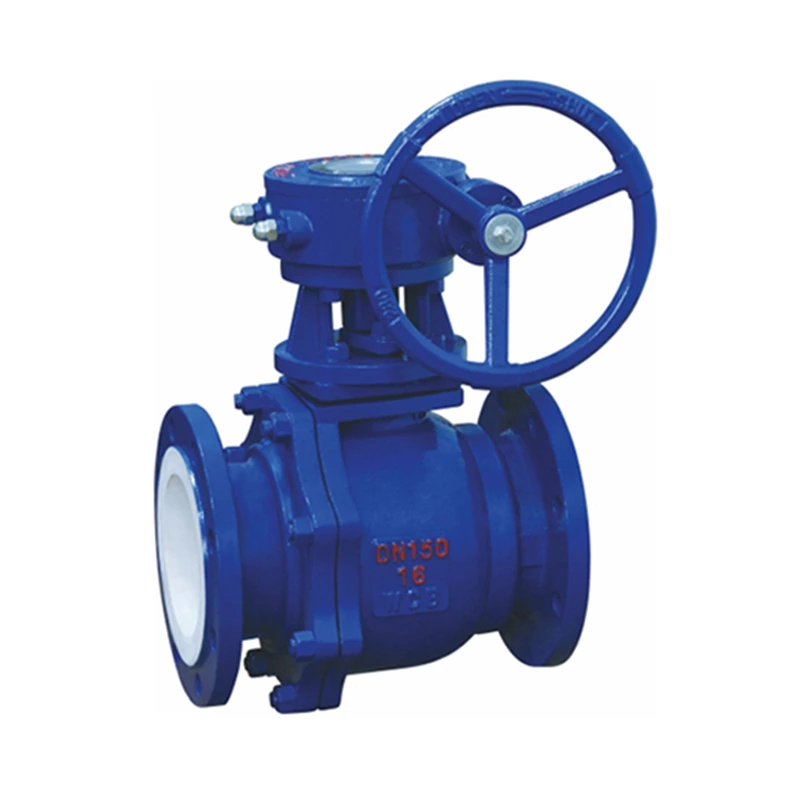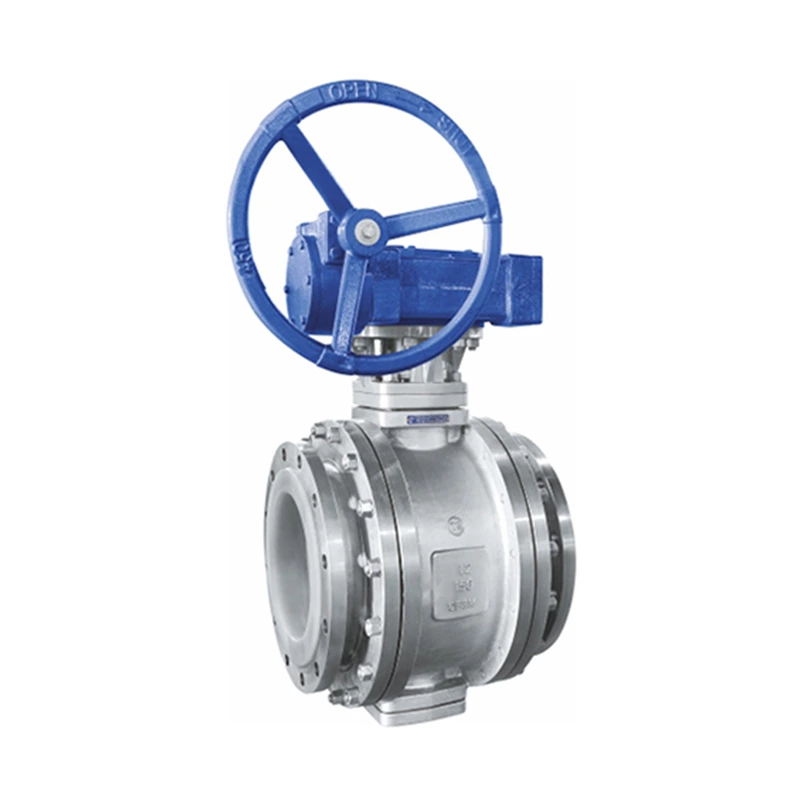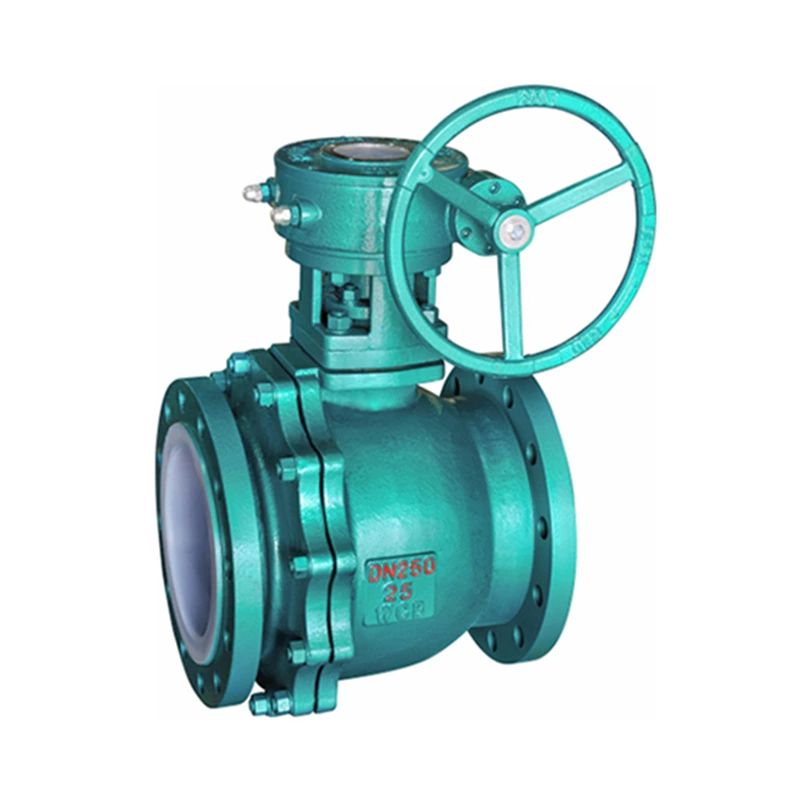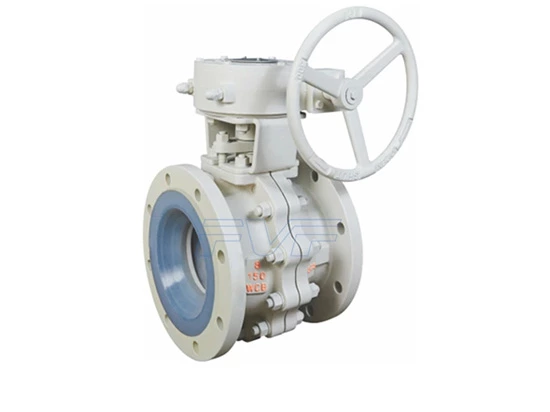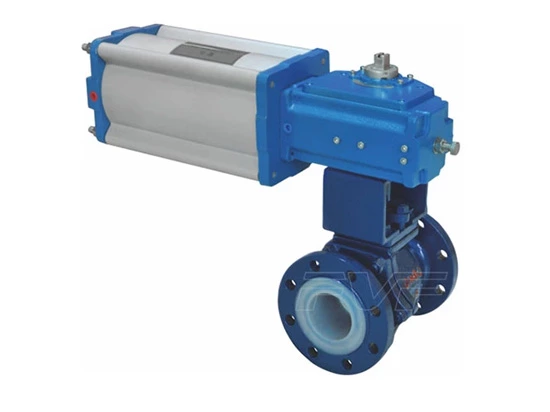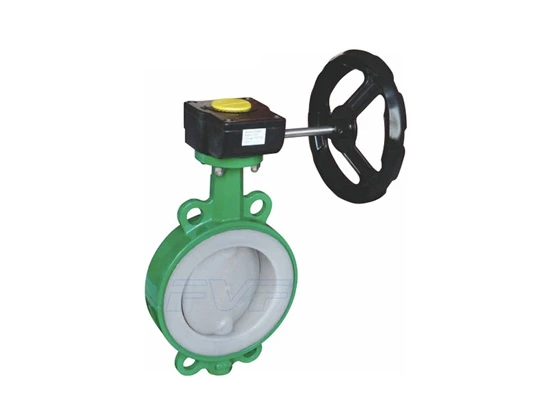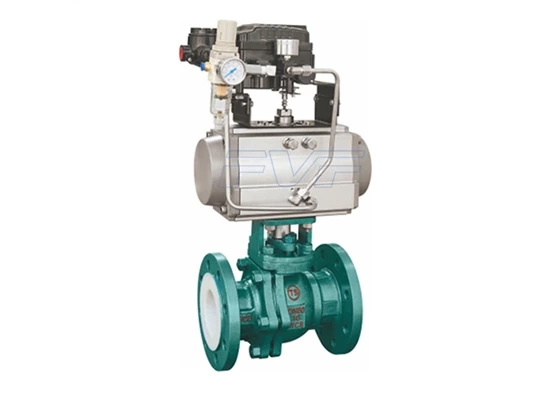What Is The Difference Between A Swing Check Valve And A Lift Check Valve
Lined Check Valve it adopts an internal rocker arm swing structure. All the opening and closing parts of the valve are installed inside the valve body and do not penetrate the valve body. Except for the sealing gasket and sealing ring used in the middle flange, there is no external leakage point as a whole, which prevents the possibility of valve leakage. The valve disc of the lifting check valve is located on the valve seat sealing surface on the valve body. In addition to the valve disc being able to rise and fall freely, the rest of this valve is the same as the stop valve. The fluid pressure lifts the valve disc from the valve seat sealing surface, and the medium reflux causes the valve disc to fall back onto the valve seat and cut off the flow.
The connection between the rocker arm and the valve disc of the swing check valve adopts a spherical connection structure, which allows the valve disc to have a certain degree of freedom within a 360-degree range and has appropriate micro-position compensation. Swing check valves have been widely used in many fields such as chemical industry, metallurgy, and pharmaceuticals.
Depending on the conditions of use, the valve disc can be a full metal structure or in the form of a rubber pad or rubber ring embedded in the valve disc frame. The same as the cut-off valve, the channel through which fluid passes through the lift check valve is narrow, so the pressure drop through the lift check valve is larger than that of the swing check valve, and the flow of the swing check valve is rarely restricted.
